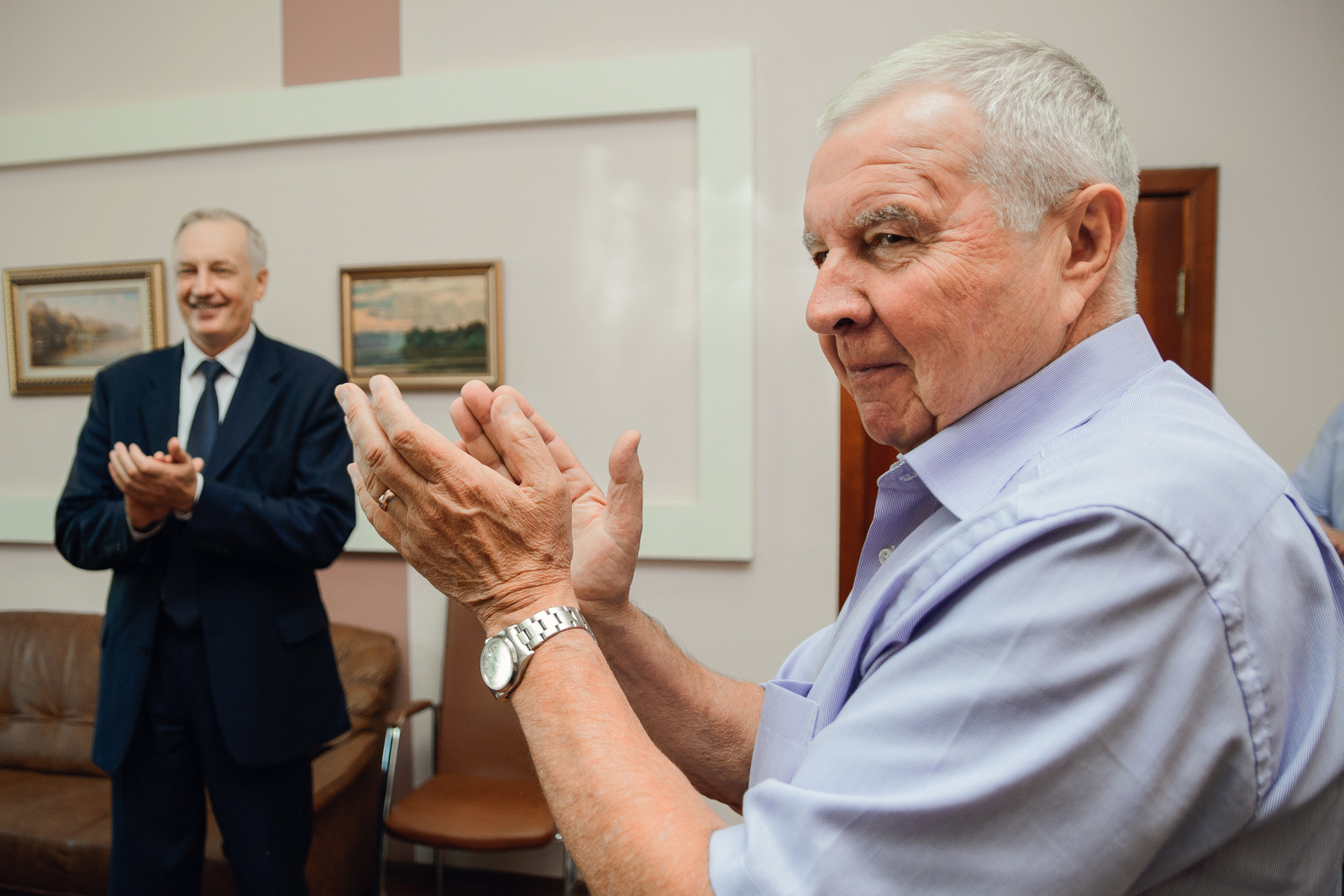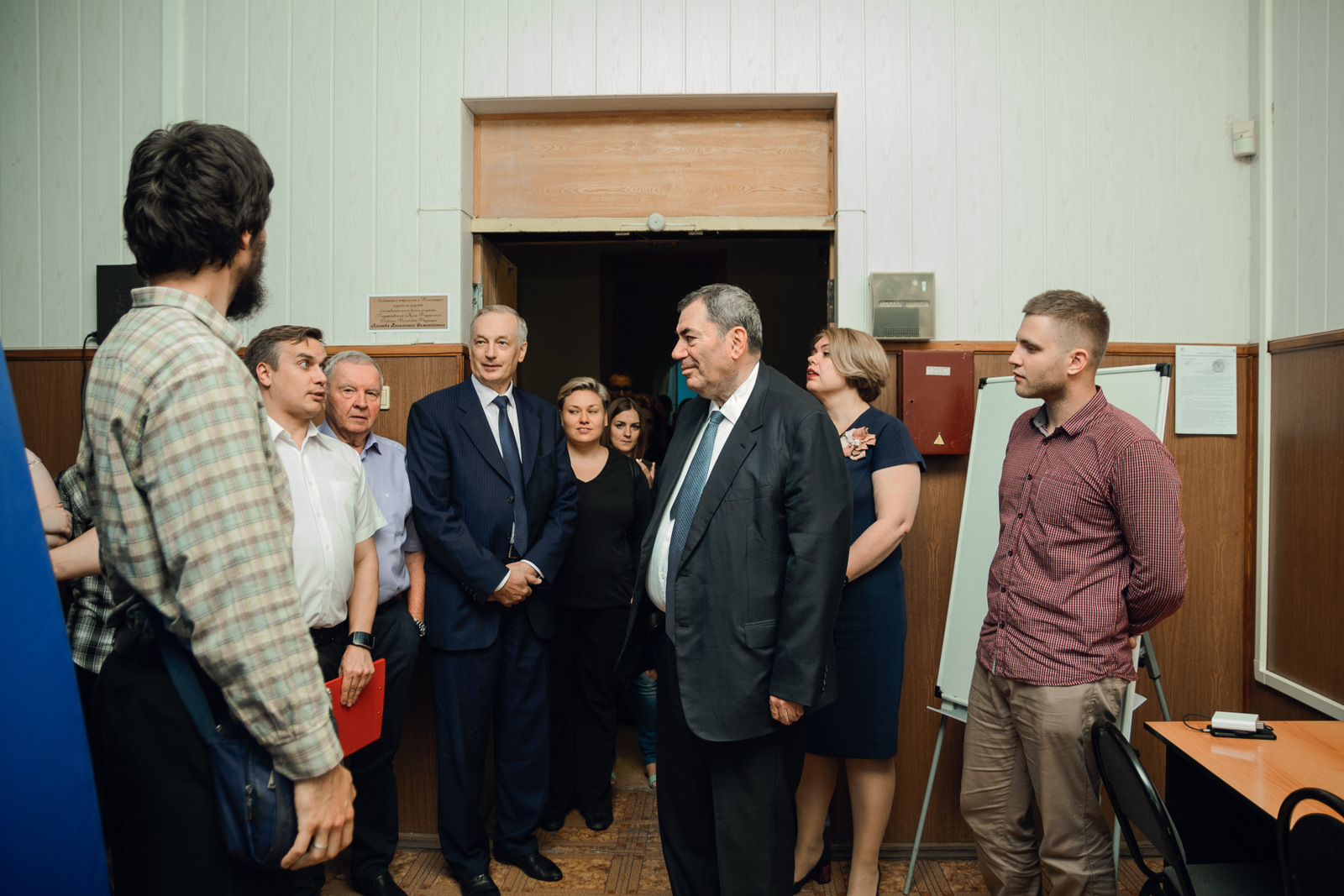The Planetarium, designed for 25 people, is equipped in the first building of the University at 151 Molodogvardeyskaya Street. A unique equipment is used there: a mirror-free full-dome projection system, as well as a super wide-angle lens with a 165 ° angular field providing high image quality. The training programs of the Planetarium are oriented towards a serious design and research work, which will allow schoolchildren not only to get acquainted with Astronomy, but also to study Astrophysics in depth. The possibility of studying these subjects on the basis of one of the leading universities in the country, which prepares world-class specialists not only in the field of Rocketry, Aviation and Rocket and Space Technology, but also in the field of Information Technology and Natural Sciences, opens up prospects for interested, enthusiastic children.
"At the end of August at the site of Samara University the Ministry of Education and Science of the Samara Region held a meeting at which the representatives of teaching and methodological associations of Physics and Astronomy teachers discussed how to organize the teaching of Astronomy at schools at our facilities, what activities should be conducted and in what regime", — said President of Samara National Research University Victor Soifer.
"The monitoring of schoolchildren's needs was carried out, — explained Professor of Engineering Cybernetics Department Alexander Kupriyanov, who took part in the creation of the Planetarium. — There are applications from more than 1000 groups of schoolchildren (grades 10-11) at the moment. In the region there were schools where the study of Astronomy continued, these groups will study with us at an advanced level, and the majority of schoolchildren will start studying from the beginning. The basic provision of the Astronomy course requires two main aspects – the observation of the starry sky and practical training with a telescope. In our Planetarium it is possible to carry out both of them".
The groups of schoolchildren, both on request to the Ministry and on their own initiative, will be able to attend university classes that will include lectures and practical training. The additional time in the Planetarium will be allocated for observation. It can be conducted both in the daytime — the schoolchildren will study the Sun, the Moon, Venus, and in the evening, when many celestial objects are available for observation.
The Planetarium will become an important part of the development of the Ad Astra Astronomy Training and Research Laboratory. "The emergence of the Planetarium expanded the possibilities for school research work. Now we have only five computers and a telescope, and we are looking forward to the upgrade of the laboratory in the near future, but the Planetarium is the most visible part of the laboratory. With the help of it, the starry sky at any point of the Earth can be demonstrated to schoolchildren, not only online, but also at different time intervals — from a deep past to a distant future. To get information about the constellation or the planet, it's enough to click the mouse, — explains Associate Professor of the Department of Engineering Cybernetics, PhD, Head of the Ad Astra Laboratory Andrey Vlasov.— Observing the starry sky, the basics of work with the telescope, the secrets of stars and astronomy easily interest children, and in the laboratory they will have wide opportunities to deepen their knowledge. Here, a variety of projects from calculating the trajectory of celestial bodies to technological "chips" can be implemented. For example, we can attach the engine to the telescope and send the command to it: "Aim at Jupiter", this is quite realistic".
Children will be able to perform their projects at numerous specialized conferences for schoolchildren, participate in the olympiads. Planetarium will have after-school astronomy classes for interested high-school students. The study in The university develops this direction in close contact with the leading organizations of astronomical education in the region, such as the Astronomy Club "Apogee", the group "AstroSamara", schools with a high level of astronomical knowledge and others. The Planetarium is valuable for the students of universities, especially it will be useful for those who study in the direction of "Applied Mathematics and Physics".
The idea to equip the Planetarium in the university was expressed by Samara University President Viktor Soifer. State Duma Deputy Leonid Simanovsky supported the initiative and made a charitable contribution for the purchase of the Planetarium and for carrying out its equipment and installation. The university staff found a suitable auditorium, did a great job during the summer, and in September the Planetarium started working in a test mode.
This week the Planetarium was visited by Deputy Minister of Education and Science of the Samara Region Svetlana Bakulina, Rector of Samara University Evgeniy Shakhmatov and other honorable guests. She noted that this is a landmark event for the region. "Since the previous academic year, we have been consistently returning such a wonderful subject as Astronomy to schools, —said Svetlana Bakulina. — Today this amazing, mentality-forming subject is being studied in 95% of comprehensive educational institutions of Samara Governorate. And now our children have the opportunity to see the diversity and beauty of the universe, to study the starry sky not from atlases, but with the help of a multidimensional model that includes the latest achievements of the world scientific community. On behalf of the teachers and students of the Samara Region, I thank Leonid Yakovlevich Simanovsky for such a necessary gift for the region".
Moreover, at the university there will be organized a site for full-scale observations of the starry sky, with the opportunity of fixing the results of observations in video and photos. Opportunity for video- and photorecording the observations. Then the children will be able to compare them with the virtual image in the computer.
It is expected to launch the web-site of the Planetarium, where the recording of all staff of the university, students and guests and the formation of the groups will take place.
The website of the Planetarium is to be launched soon. The website will be a place where one can find all the information about the Planetarium, its programs, its staff, and sign up/apply for classes and other activities at the Planetarium.
 RU
RU  EN
EN  CN
CN  ES
ES 
.jpg)
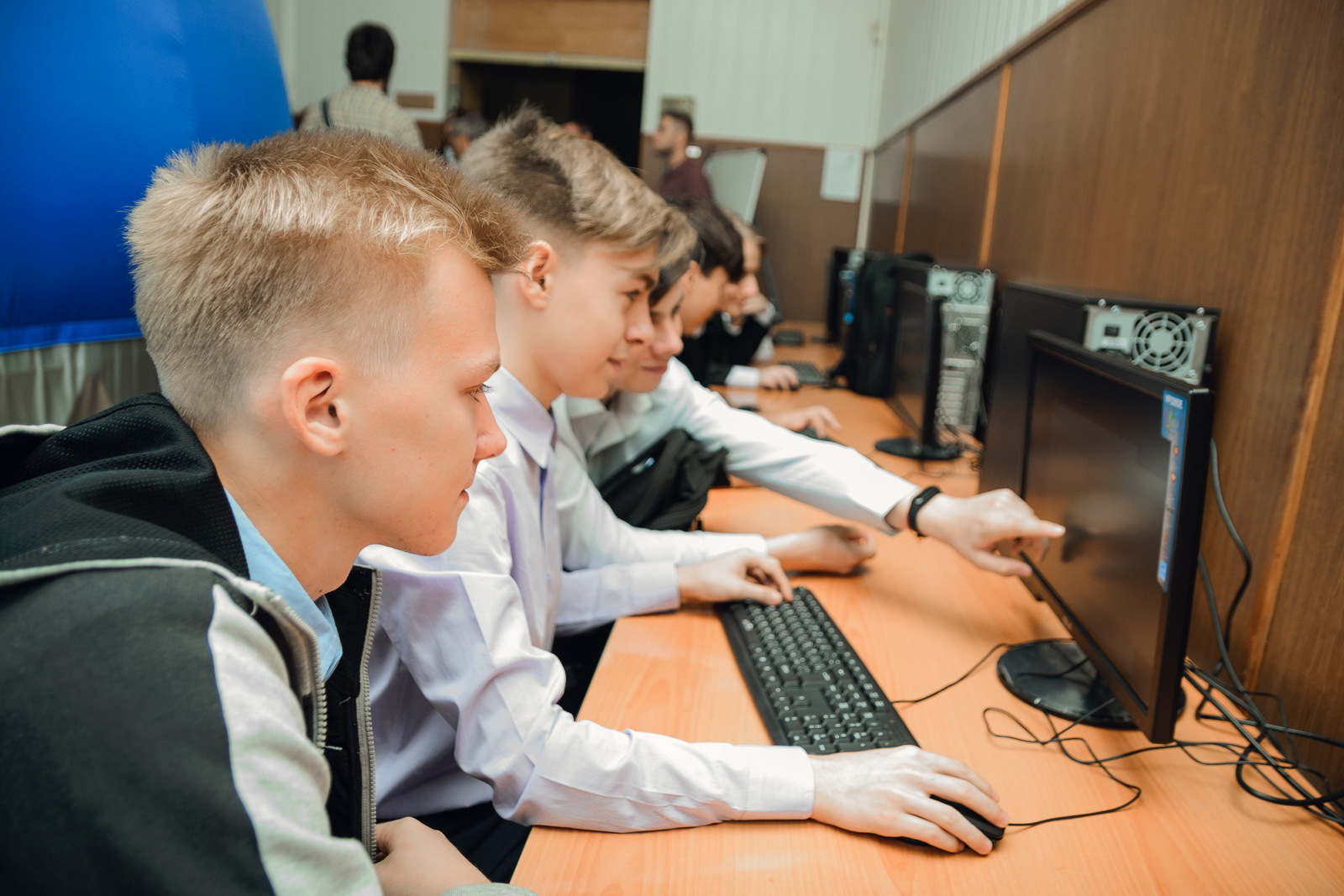
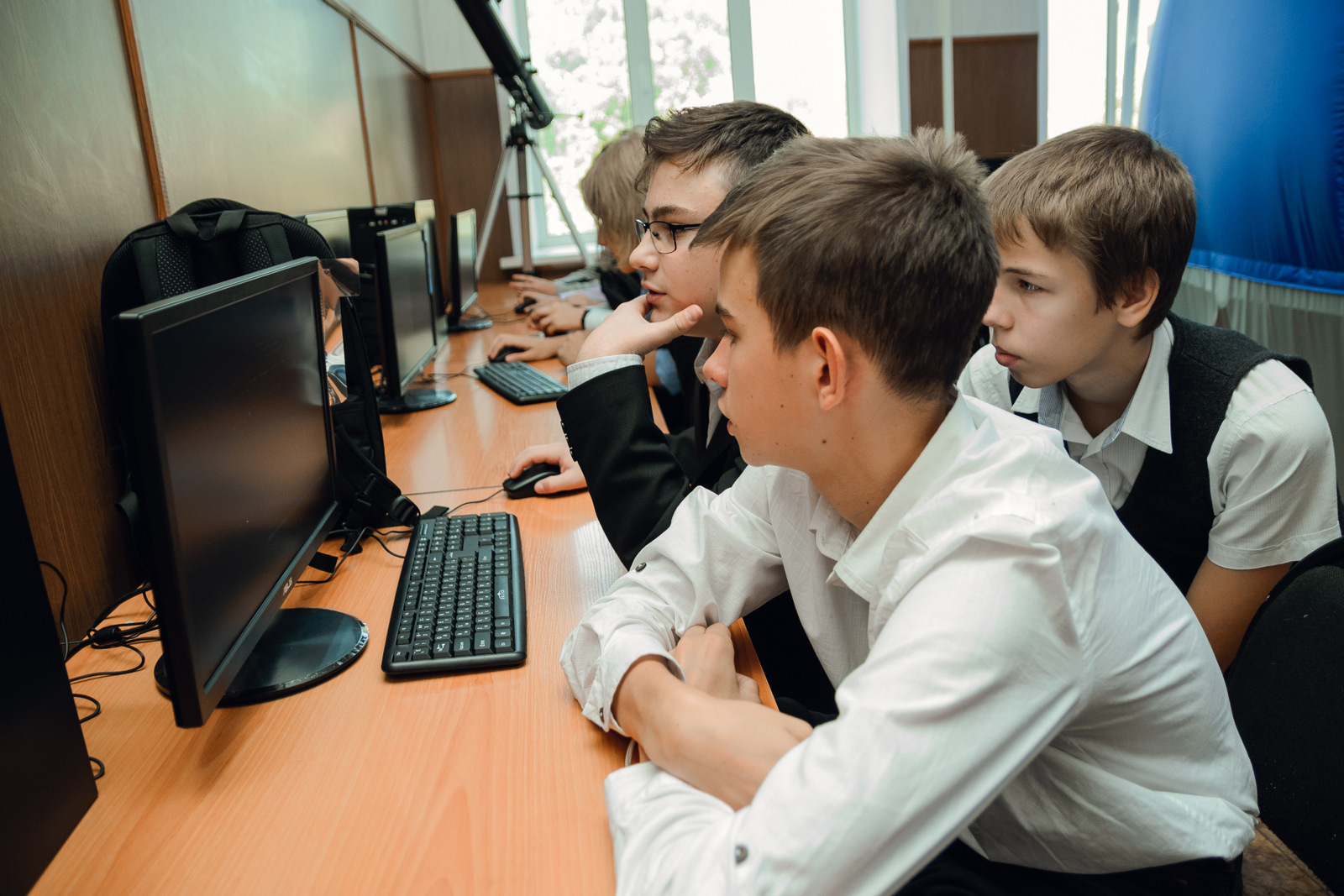
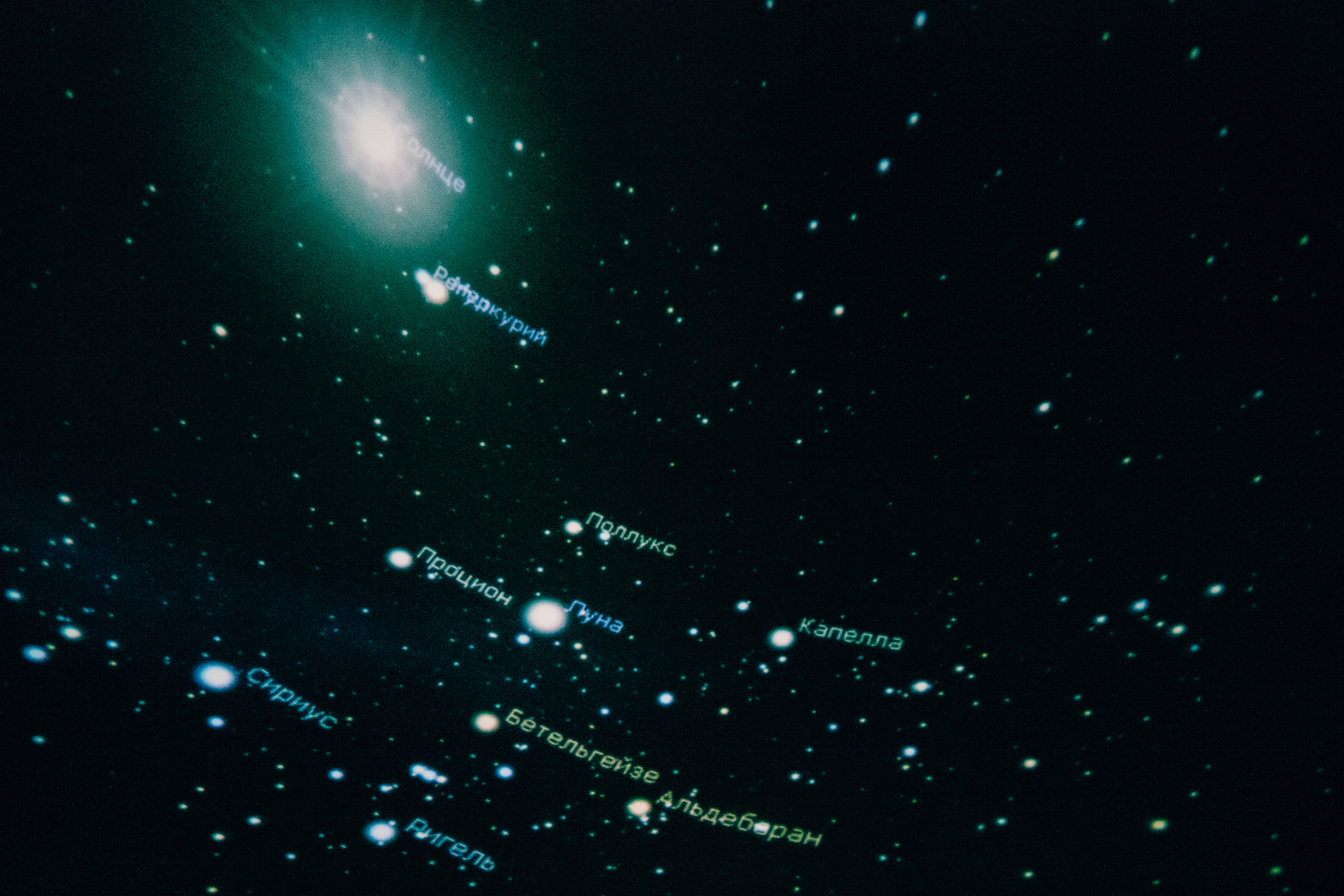
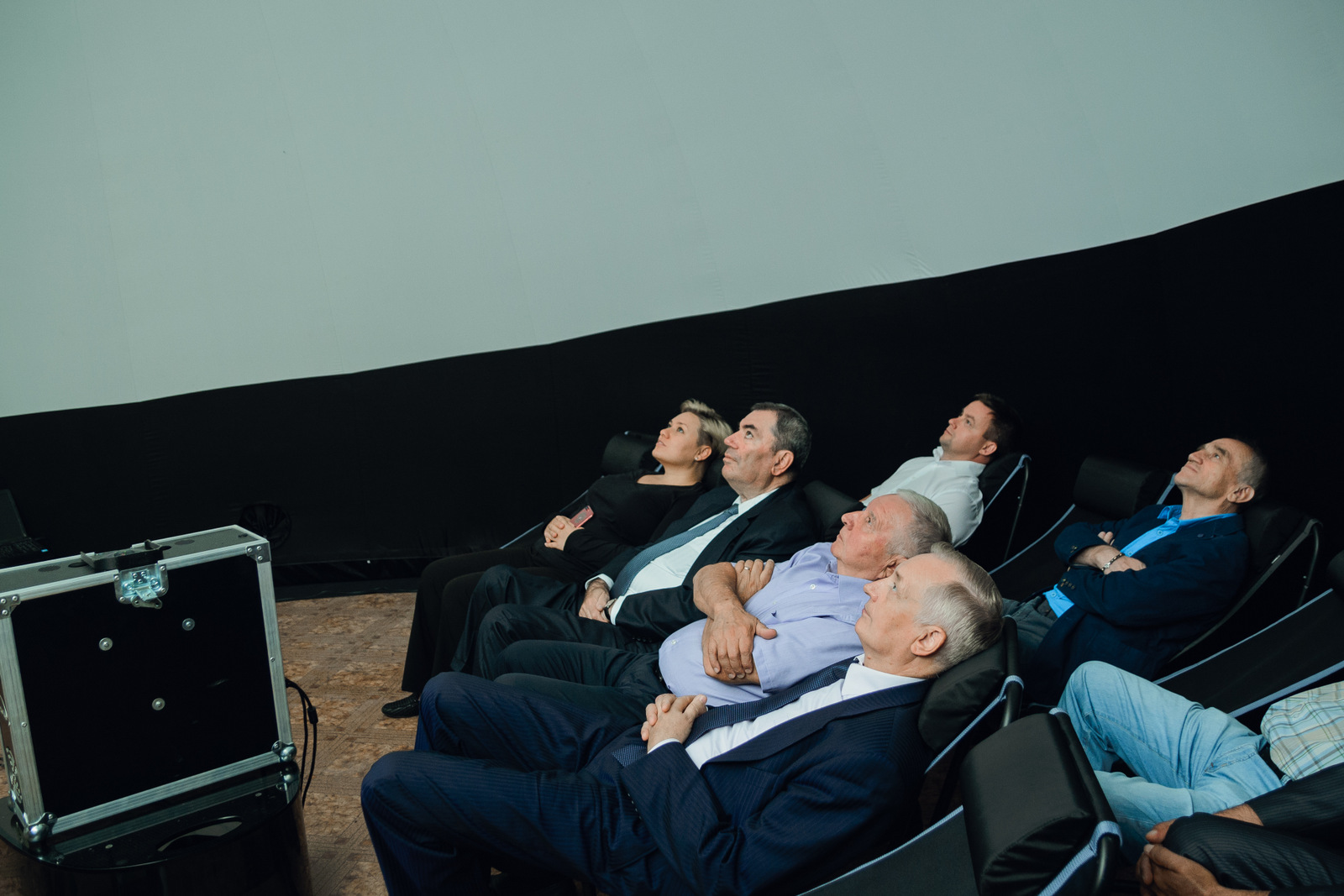
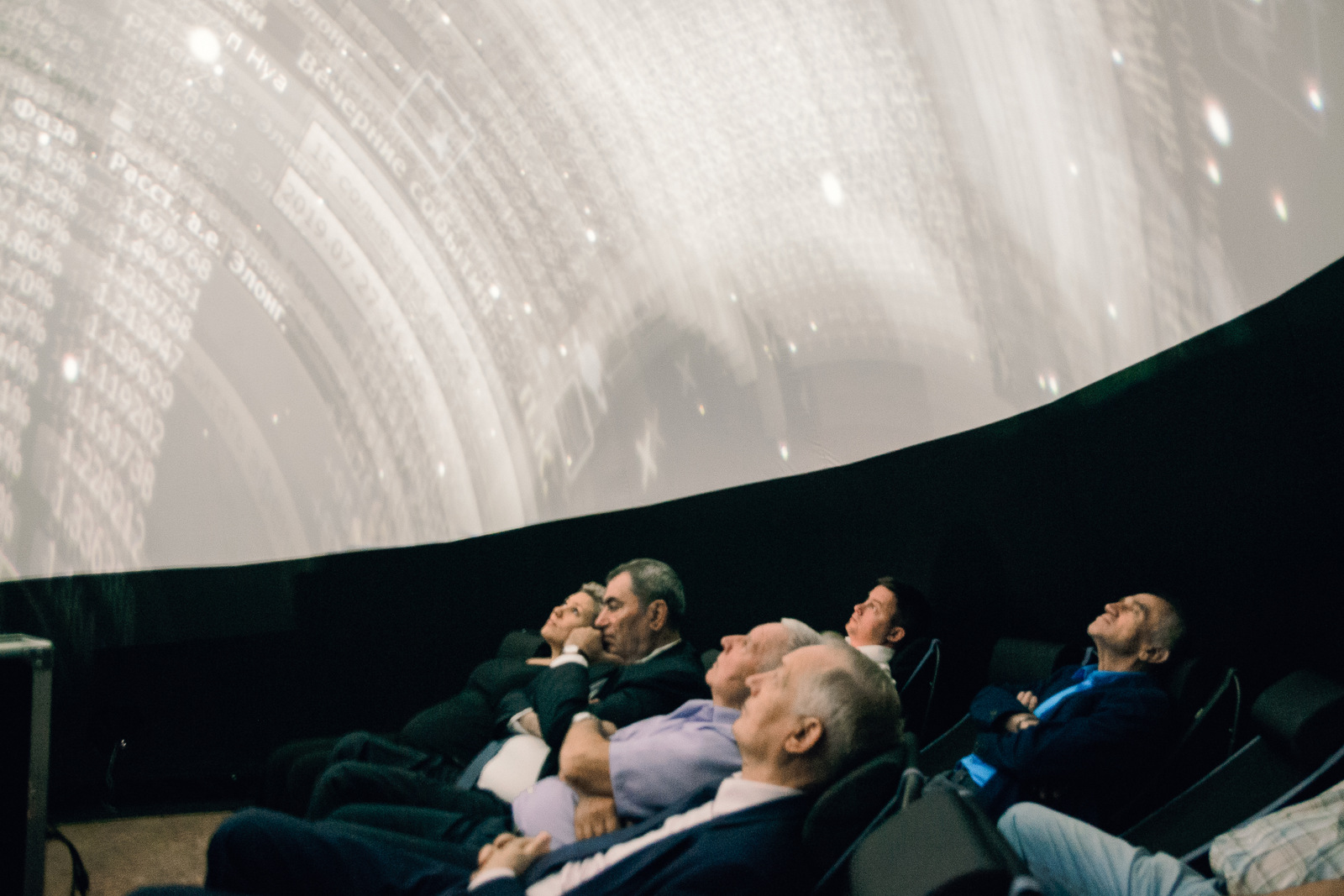
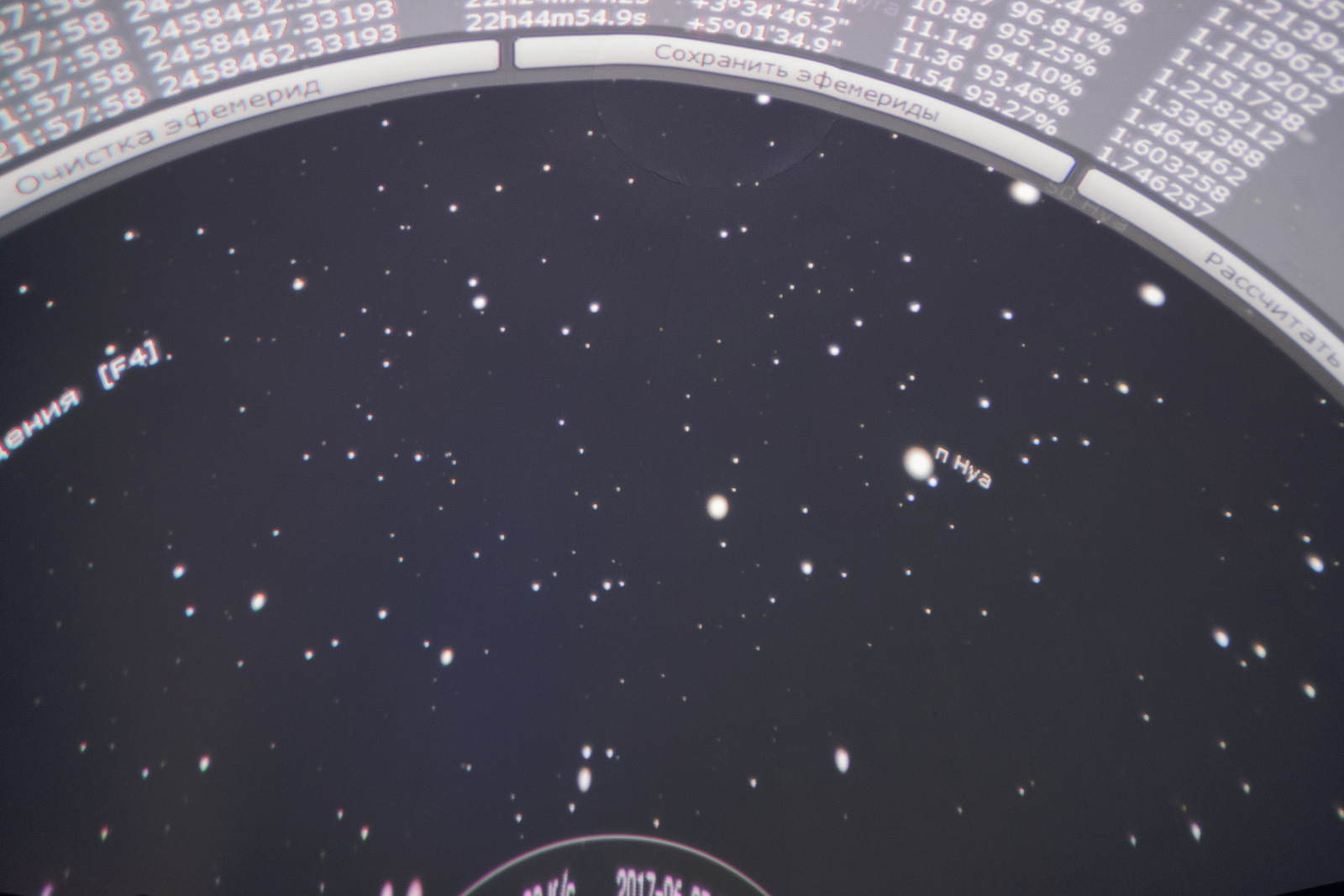
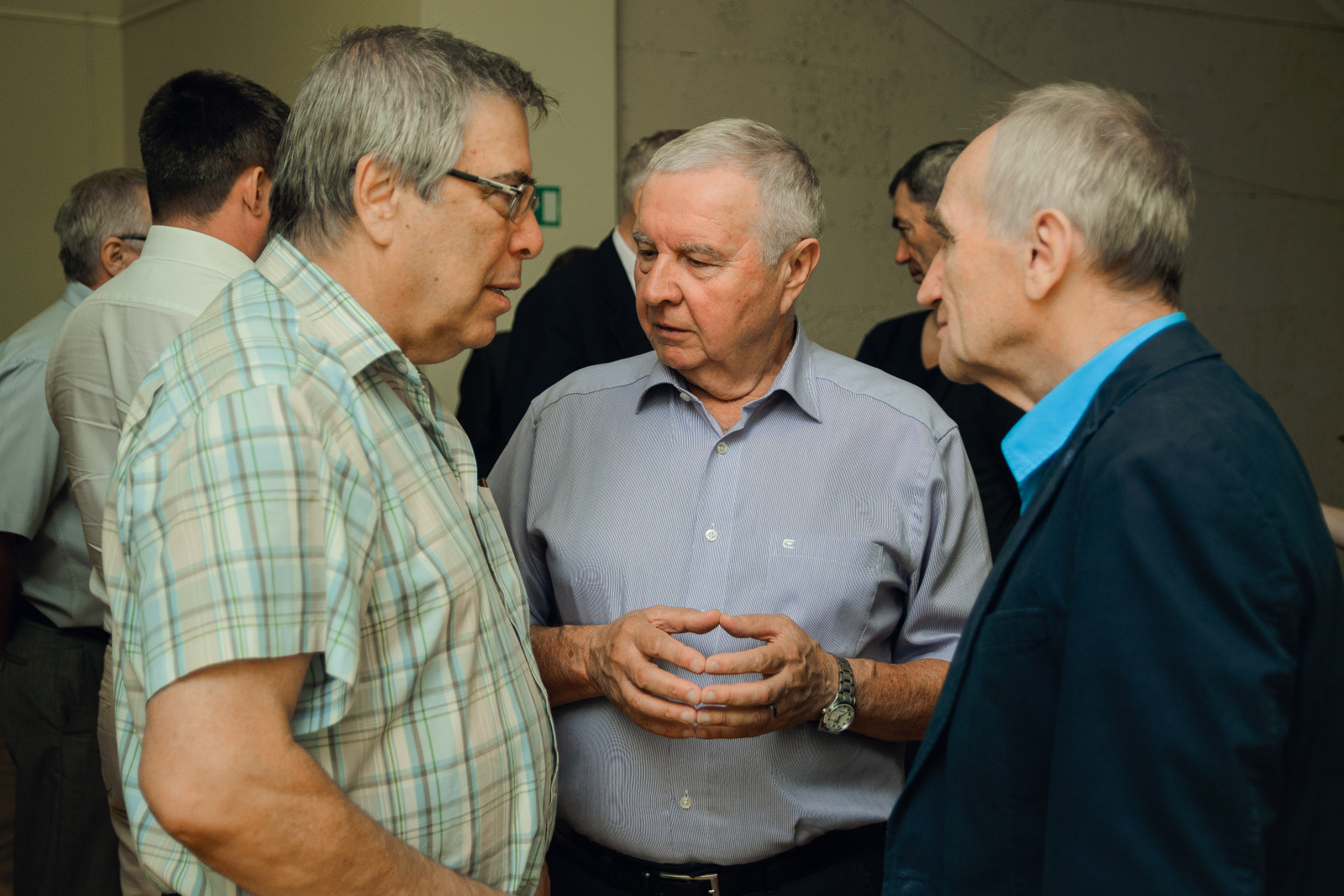
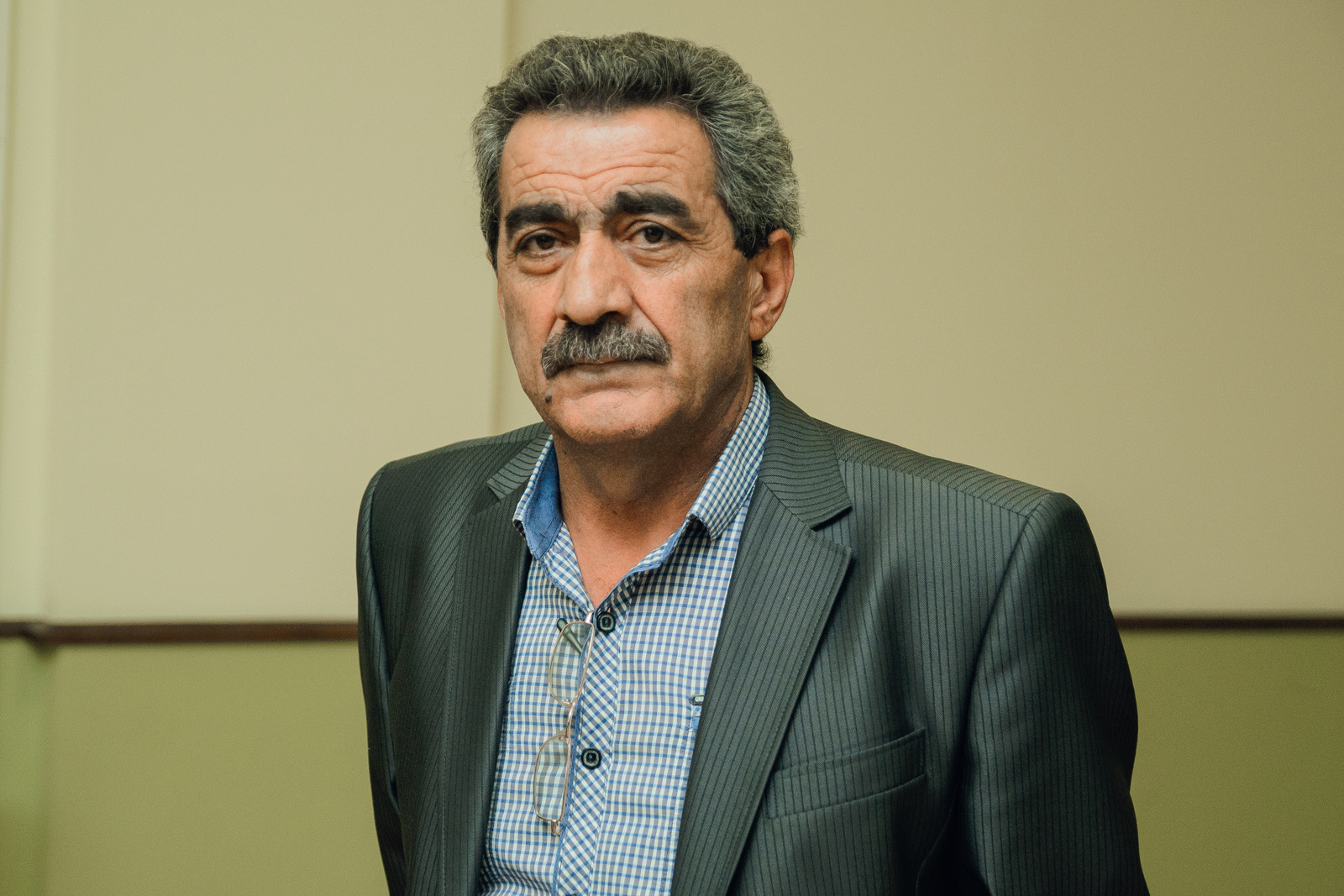
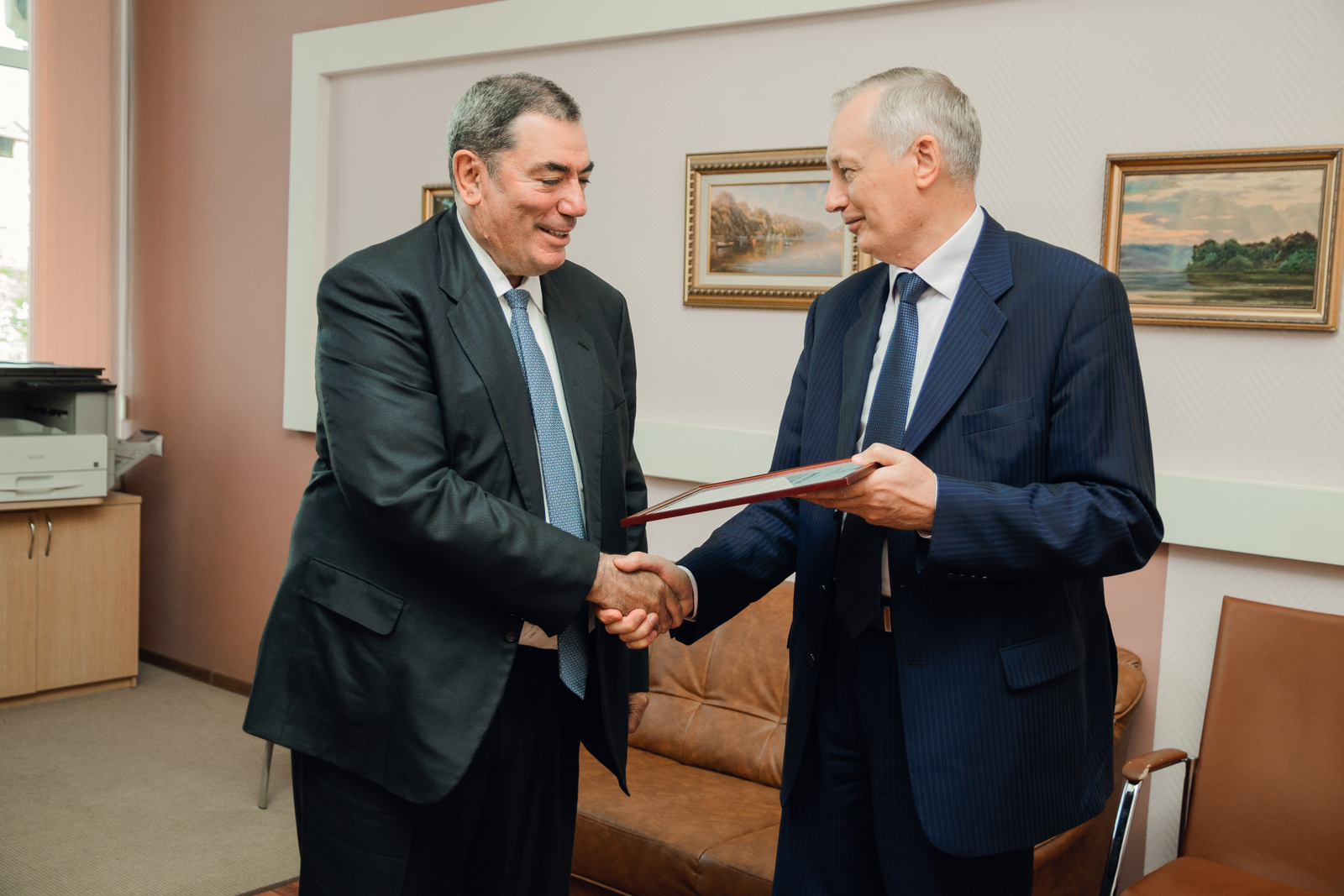
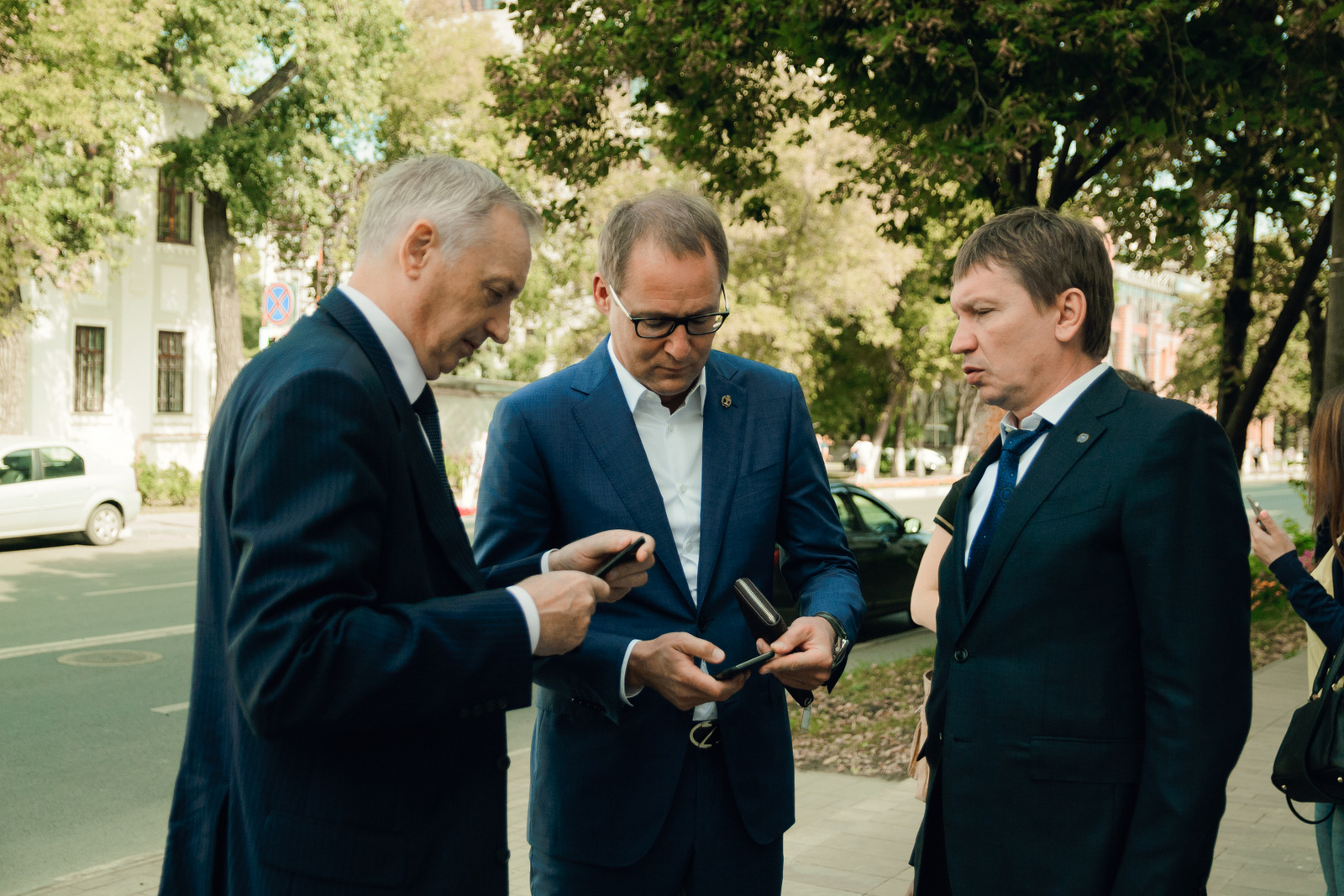
.jpg)
